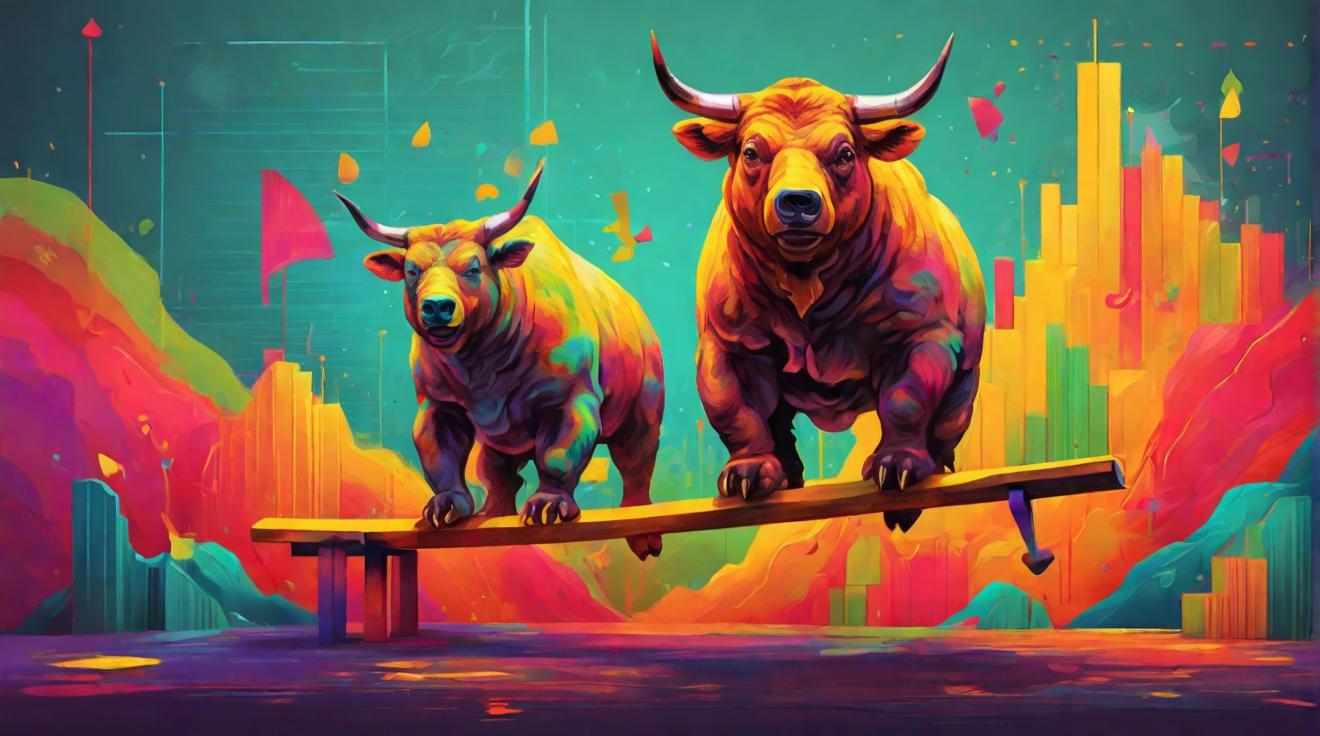Understanding Autonomous AI Agents
Autonomous AI agents are like little digital workers that can think and act on their own, without any human help. They operate on blockchain networks, which are like digital ledgers that record transactions securely and transparently. These agents can do many things, like holding digital money, making trades, or even creating digital art, all by themselves.
Imagine having a digital artist that can create and sell artwork online without needing anyone to draw or approve it. Each artwork could be unique because it's generated by an AI's algorithms, which are special sets of rules or instructions that the computer follows. Such capabilities open up new worlds of possibilities in digital interactions.
How Blockchain Supports AI Autonomy
Blockchain technology acts as the perfect playground for these AI agents. Since blockchains are decentralized, there is no single owner or controller, which means the AI agents can work without worrying about being shut down by any single entity. They use smart contracts, which are like digital agreements that automatically execute actions once certain conditions are met. This ensures that everything is done transparently and everyone involved can trust the process.
For example, an AI agent could automatically sell a piece of digital art as soon as a buyer pays for it. This level of automation not only saves time but also secures transactions.
Future Prospects of AI Agents on Blockchain
As technology advances, these AI agents are expected to become even more integral to the blockchain ecosystem. Many innovative projects are already incorporating these agents to push the limits of what's achievable, from financial services to gaming.
Challenges and Solutions for AI Agents
Security Concerns
Since these agents handle valuable digital assets, they are prime targets for hackers. To keep them safe, rigorous testing and advanced security protocols are necessary.
Example Solution: Using sophisticated techniques like anomaly detection to spot unusual activities and stop them before they cause harm.
Legal and Ethical Issues
Without human oversight, the decisions these agents make can lead to ethical dilemmas, such as deciding which transactions to prioritize.
Scalability and Performance
AI agents require a lot of computing power. If the blockchain network is too slow, it can cause delays and higher costs.
Example Solution: Using networks with enhanced scalability can help overcome these problems by processing transactions faster.
AI Training and Adaptation
Training AI to adapt and learn is complex. These agents need to be smart enough to adjust to changes in real-time.
Example Solution: Sharing knowledge among agents improves their learning process, which can enhance their overall performance.
How Businesses Can Use Autonomous AI Agents
Businesses interested in these technologies can start by identifying where AI agents could be most beneficial—for instance, in automating customer service or supply chain tasks. Partnering with tech companies specializing in AI or blockchain can help provide the necessary tools and infrastructure.
Final Thoughts
Autonomous AI agents are on the path to becoming key players in the blockchain world, promising a future of more efficient and smarter digital ecosystems. From creating art to managing finances, their potential is substantial, and they could significantly change how we interact with digital technologies.













